Circular Economy: Embracing Lithium Batteries for a Greener Future by Reducing Carbon Footprint
 >
>
The world is shifting towards a greener future, and one of the key drivers of this transformation is Lithium battery technology. These batteries are revolutionizing industries by providing cleaner, more efficient energy storage solutions. At NavPrakriti, we are committed to strengthening sustainability through innovative practices that support a circular economy. by embracing Lithium batteries, we are not only reducing carbon footprints but also promoting responsible resource management across various sectors.
The Need for a Sustainable Energy Solution
Fossil fuels have been the backbone of industrial progress for decades, but their adverse impact on the environment is undeniable. Carbon emissions from traditional energy sources contribute significantly to global warming, air pollution, and climate change. The transportation sector alone accounts for 24% of global CO₂ emissions (Source: IEA 2022). Electric vehicle (EV) adoption, powered by Lithium batteries, has the potential to reduce CO₂ emissions by up to 50% compared to internal combustion engine vehicles (Source: BloombergNEF).
Lithium batteries offer an excellent solution to this challenge. They are rechargeable, energy-dense, and far more efficient than conventional lead-acid batteries. The widespread adoption of Lithium batteries in transportation, manufacturing, and energy storage is a step towards a more sustainable future.
Lithium Batteries and the Circular Economy
Lithium batteries play a crucial role in supporting the circular economy. Their recyclability allows valuable materials like Lithium, Cobalt, and Nickel to be recovered and reused. This reduces the demand for new raw materials, minimizes waste, and lowers carbon emissions associated with mining and production.
At NavPrakriti, we are actively working towards integrating Lithium battery technology into our sustainability initiatives. By promoting responsible recycling and reuse, we aim to extend the lifespan of these batteries and contribute to a cleaner environment.
How Lithium Batteries Reduce Carbon Footprint across Industries
- Electric Vehicles (EVs)
The transportation sector is one of the largest contributors to carbon emissions, responsible for nearly 290 million metric tons of CO₂ emissions in India alone in 2021 (Source: Ministry of Power, India). Traditional gasoline and diesel-powered vehicles release harmful greenhouse gases, leading to severe environmental degradation.
Electric vehicles (EVs) powered by Lithium batteries are transforming this scenario. They produce zero tailpipe emissions, significantly reducing air pollution and dependence on fossil fuels. A study by the International Energy Agency (IEA) suggests that by 2040, EVs could cut CO₂ emissions by 1.5 gigatons annually worldwide.
- Renewable Energy Storage
Solar and wind energy are excellent alternatives to fossil fuels, but their intermittent nature poses a challenge. Lithium batteries offer an efficient way to store energy generated from renewable sources, ensuring a stable power supply even during periods of low sunlight or wind.
By investing in advanced energy storage solutions, NavPrakriti is helping businesses and communities transition to cleaner energy while promoting a circular economy that reduces dependency on non-renewable resources.
- Consumer Electronics
Smartphones, laptops, and other portable devices rely on Lithium batteries for power. The demand for these products continues to rise, making sustainable battery management essential. The global Lithium-ion battery recycling market is expected to grow at a CAGR of 19.6% from 2022 to 2030 (Source: Fortune Business Insights), highlighting the increasing focus on responsible disposal and recycling.
NavPrakriti encourages responsible disposal and recycling of Lithium batteries from consumer electronics. Through awareness campaigns and recycling initiatives, we aim to prevent hazardous waste from polluting the environment while recovering valuable materials for reuse.
- Industrial Applications
Manufacturing and logistics industries rely on heavy machinery, forklifts, and backup power systems. Lithium battery-powered equipment offers a cleaner and more energy-efficient alternative to traditional fuel-based machinery.
NavPrakriti collaborates with industries to implement sustainable battery solutions, ensuring that businesses reduce their carbon footprint while improving operational efficiency.
Government Policies & Initiatives in India
- Battery Recycling Incentives
The Indian government has introduced several initiatives to promote battery recycling, including:
- The Battery Waste Management Rules, 2022, which mandate Extended Producer Responsibility (EPR) for battery manufacturers, ensuring they collect and recycle spent batteries.
- Production-Linked Incentive (PLI) Scheme for Advanced Chemistry Cell (ACC) Batteries, with an investment of ₹18,100 crore ($2.4 billion) to boost battery manufacturing and recycling.
- Upcoming Regulations for EV Batteries
- The Indian government plans to ban the import of Lithium-ion batteries by 2025 to encourage local recycling and reuse.
- FAME II (Faster Adoption and Manufacturing of Electric Vehicles) Scheme offers subsidies for EV manufacturers that use domestically recycled Lithium batteries.
These policies aim to reduce reliance on imported materials while promoting a robust circular economy within India’s battery industry.
NavPrakriti’s Role in Creating a Greener Future
As a forward-thinking organization, NavPrakriti is dedicated to driving positive environmental change. Our initiatives focus on:
- Battery Recycling Programs: Encouraging industries and consumers to recycle used Lithium batteries responsibly.
- Sustainable Partnerships: Collaborating with businesses to promote eco-friendly energy storage solutions.
- Public Awareness Campaigns: Educating communities about the benefits of a circular economy and responsible battery disposal.
- Innovative Research: Investing in advanced battery technologies that enhance efficiency and sustainability.
The Road Ahead: A Sustainable India
The future of India’s sustainability lies in embracing cleaner energy solutions. As the country moves towards electrification, the demand for Lithium batteries will continue to grow. It is crucial to implement policies and infrastructure that support the circular economy, ensuring that resources are utilized efficiently and responsibly.
NavPrakriti is proud to be at the forefront of this transformation. Through our continued efforts in battery recycling, industry collaboration, and public awareness, we aim to build a greener, more sustainable India. Join us in this journey towards a better tomorrow, where innovation meets environmental responsibility.

.png)









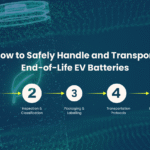

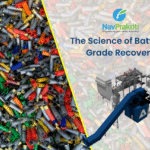
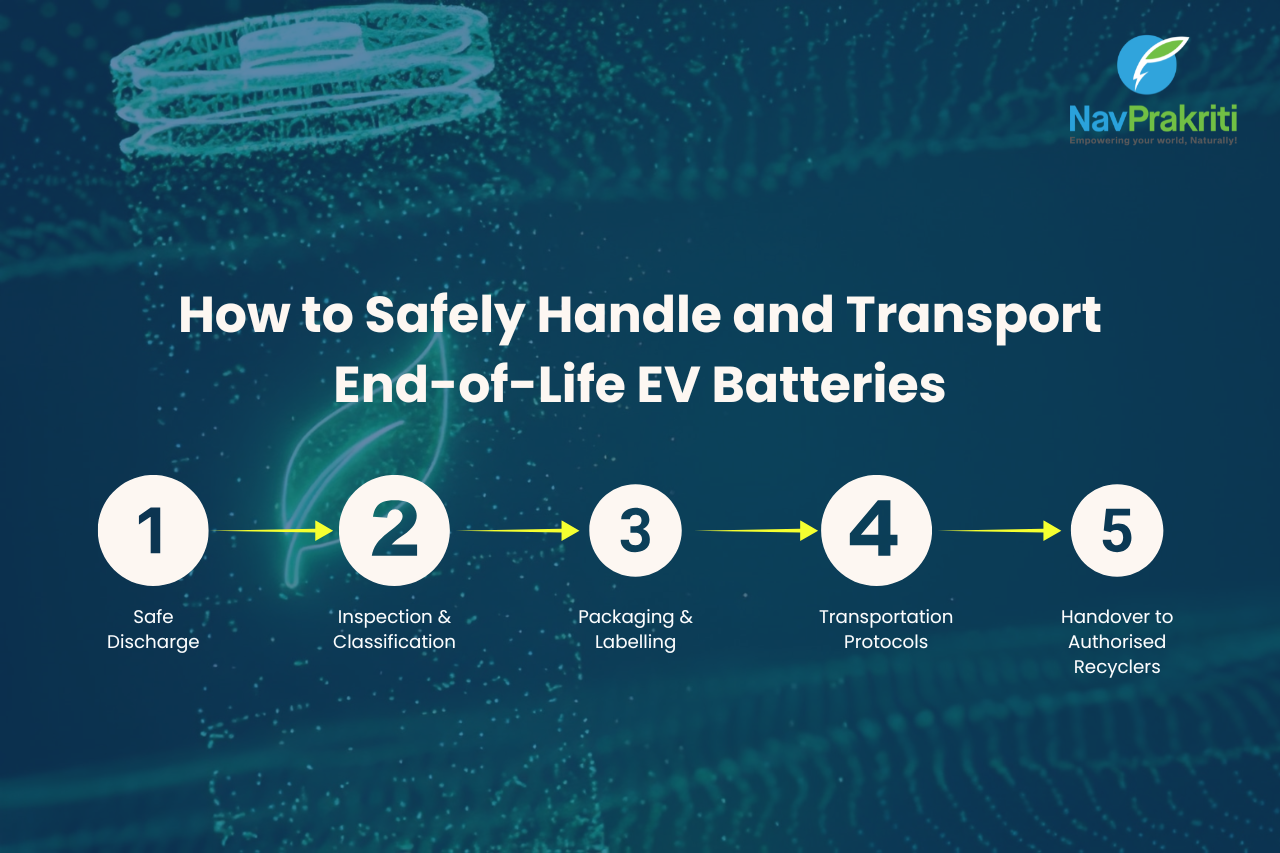
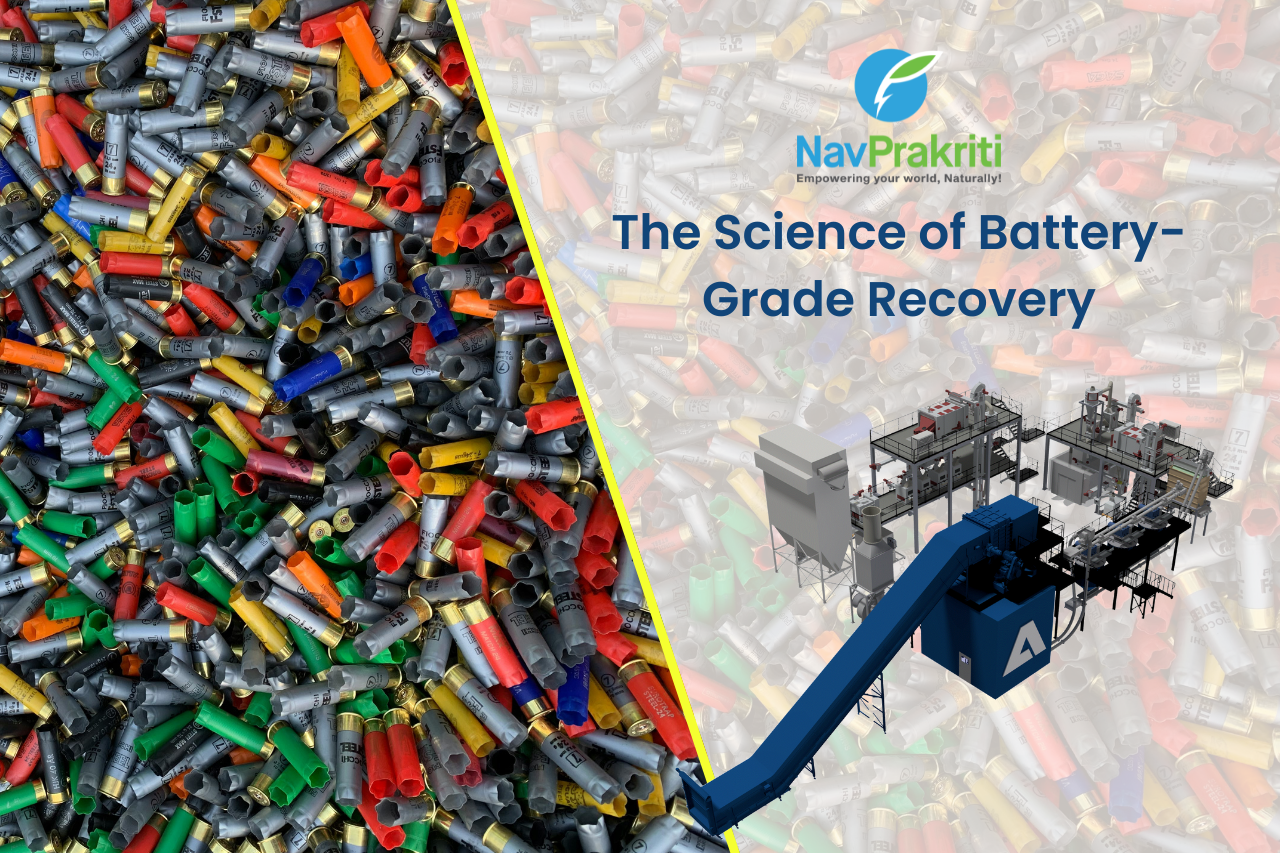

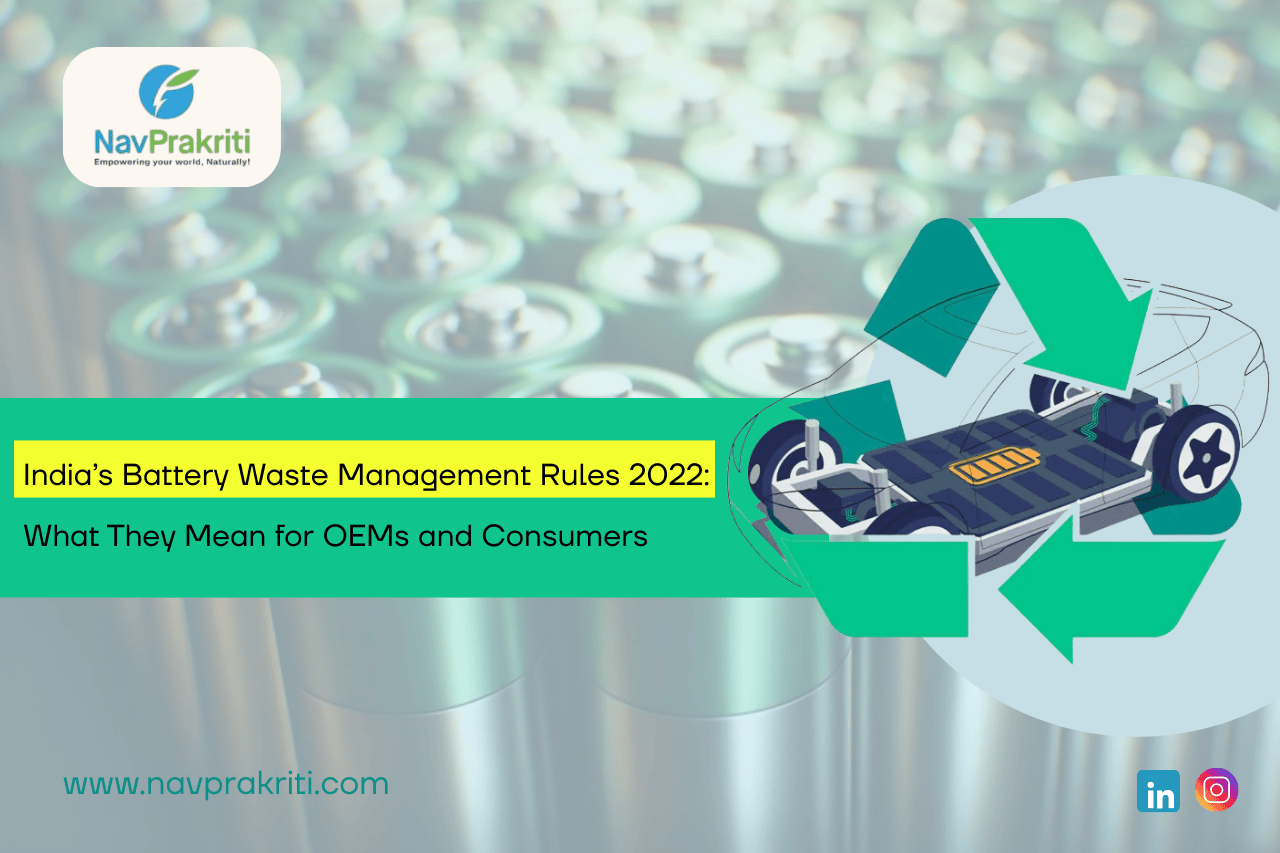


Leave a Reply